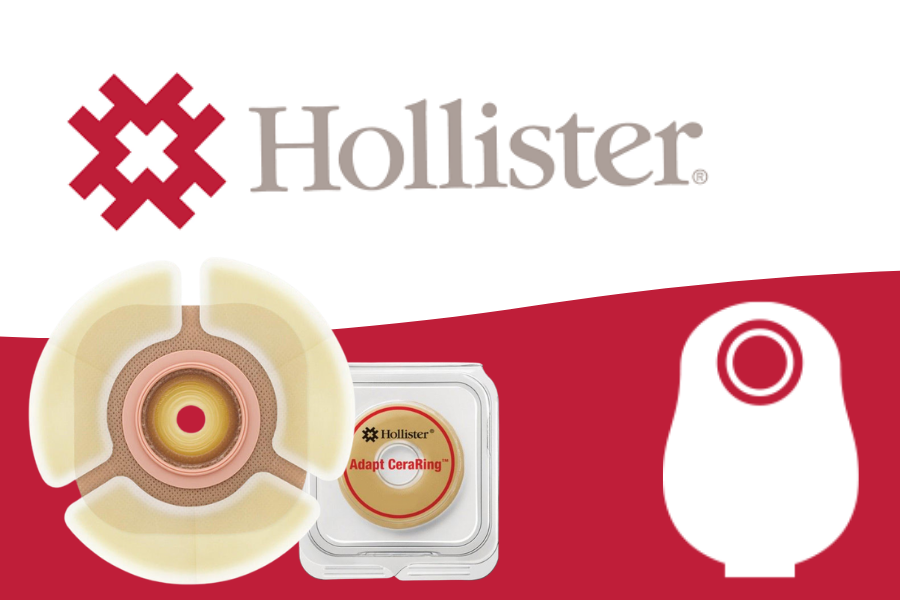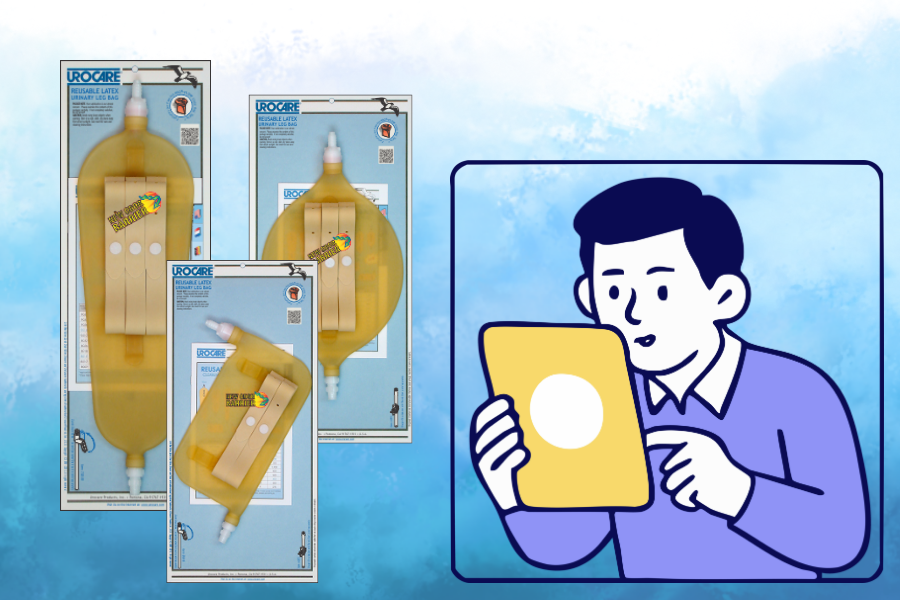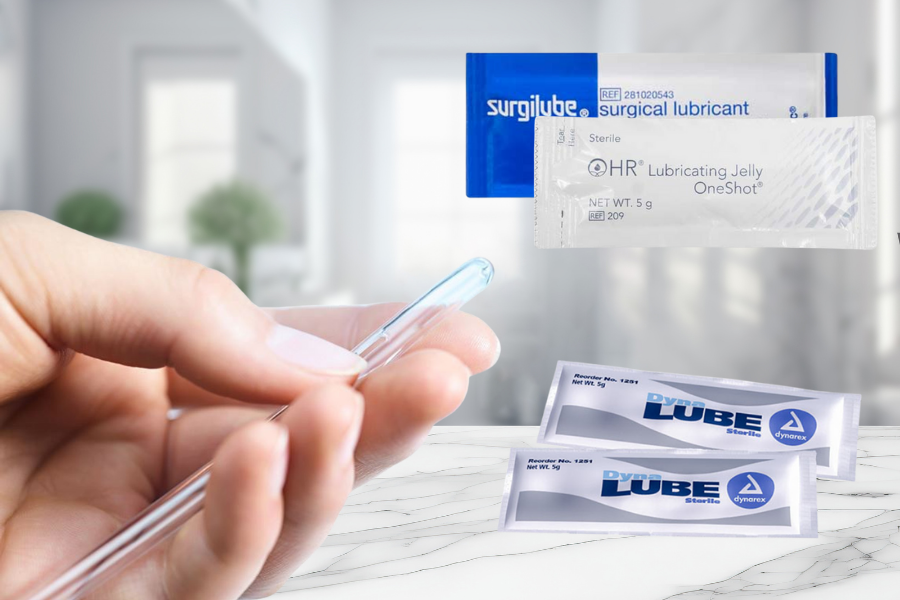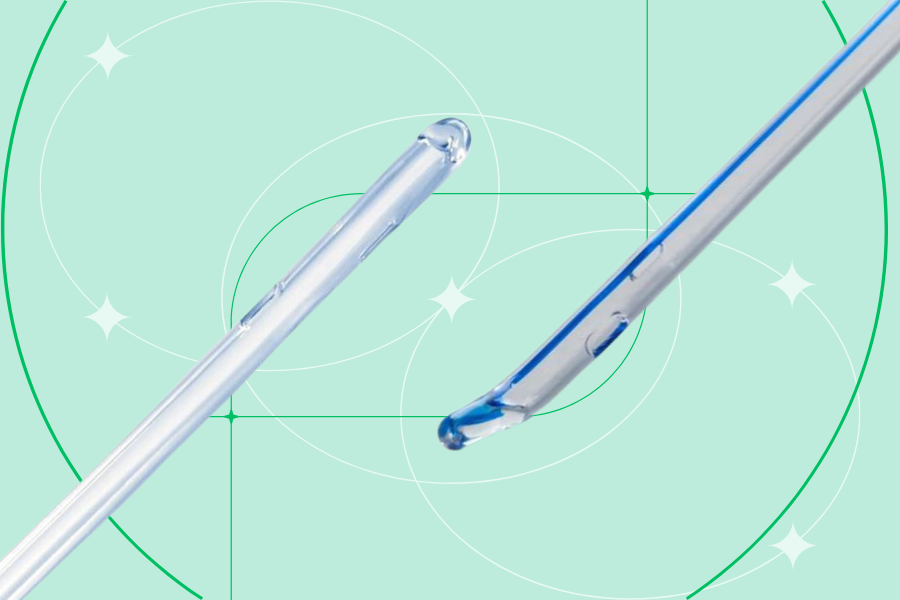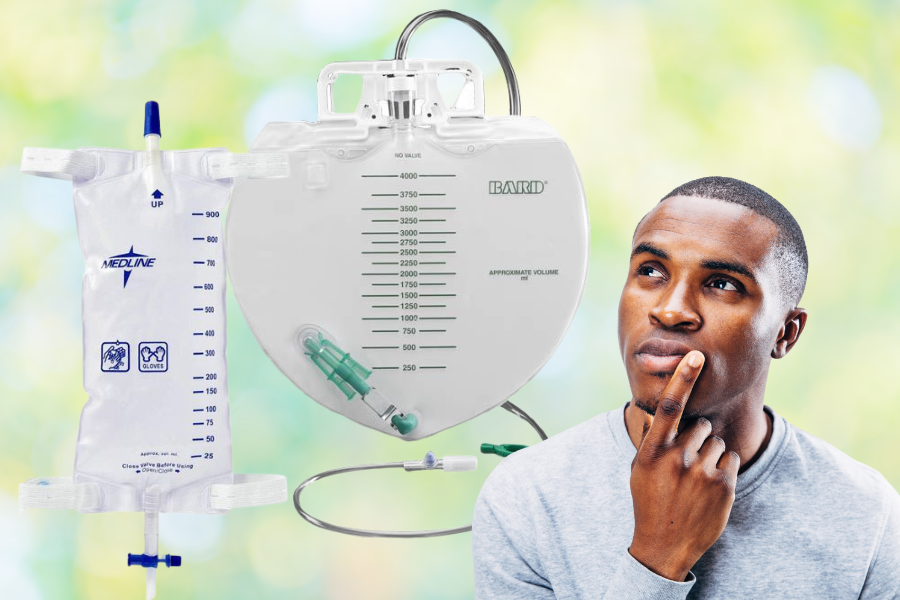Blog
Hollister Ostomy Accessories and How They Can Help
Jan 28th 2026
Hollister Ostomy Accessories and How They Can Help
A reliable ostomy routine is not only about the pouching system. The right accessories help create a more secure seal, support peristomal skin, and make changes smoother when the skin is sensitive or
…
The Essential Guide to 1-Piece Ostomy Bags
Jan 16th 2026
The Essential Guide to 1-Piece Ostomy Bags
One-piece ostomy bags combine the pouch and skin barrier into a single ostomy system designed for secure wear and simpler day-to-day management. Common options include convex, pre-cut, and cut-to-fit, with d
…
Condom Catheter Shopping Guide
Jan 9th 2026
Condom Catheter Shopping Guide
Condom catheters are external catheters that are commonly used for male incontinence when an adult diaper is not preferred or possible. Although keeping track of all products needed can be a daunting task, the core esse
…
A Complete Guide for Urocare Reusable Leg Bags
Dec 29th 2025
A Complete Guide for Urocare Reusable Leg Bags
Urinary leg bags are a practical option for managing daytime urine drainage while supporting mobility and discretion under everyday clothing. Choosing the right setup often comes down to understanding ho
…
The Ins and Outs of Intermittent Catheter Lubrication
Dec 8th 2025
The Ins and Outs of Intermittent Catheter Lubrication
Urinary catheters are an important facet of life for those dealing with bladder issues, surgery recovery, or long-term medical conditions. When done correctly, catheterization should be as safe an
…
What are TED Hose and Stockings?
Dec 1st 2025
What are T.E.D. Anti-Embolism Stockings?
T.E.D. stockings, short for thromboembolism-deterrent stockings, are medical compression garments designed to help prevent blood clots (thromboembolism) in patients who are recovering from surgery, confined t
…
Express Medical Supply Auto-Ship Program
Sep 11th 2025
Auto-Ship Medical Supplies: Convenience and Peace of Mind
Express Medical Supply helps you get the supplies you need, when you need them. Catheters, ostomy supplies, wound care, and other daily essentials are delivered automatically so you never run
…
Straight Tip vs Coude Tip Catheter
Sep 3rd 2025
What is a Catheter?
A catheter is a flexible tube that is inserted through a narrow opening into a body cavity, particularly the bladder, for removing fluid. That is the definition of the word catheter but there are many differences between them. Ca
…
Sleeping with a Catheter: Choosing Between a Urinary Leg Bag and an Overnight Drainage Bag
Sep 2nd 2025
Updated November 16, 2023
What is a Urinary Leg Bag?
A leg bag is a specialized device designed for urine collection. These bags, wearable above or below the knee, offer a range of features and styles to meet individual needs:
Connection: Leg bags
…
Female Catheters: The Complete Guide
Sep 1st 2025
Female catheters are small tubes specifically designed for draining urine from the female urethra. These catheters are compact and ideal for women experiencing urinary incontinence.
Many types of urinary catheters for females are available, incl
…

